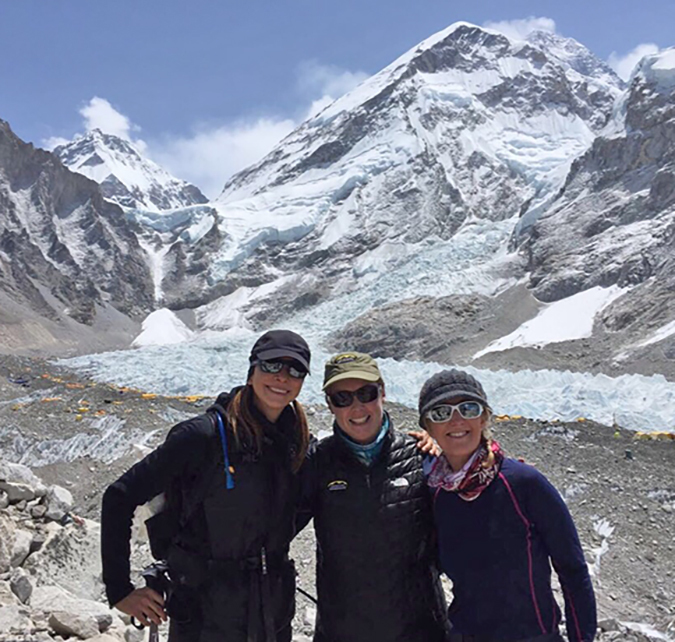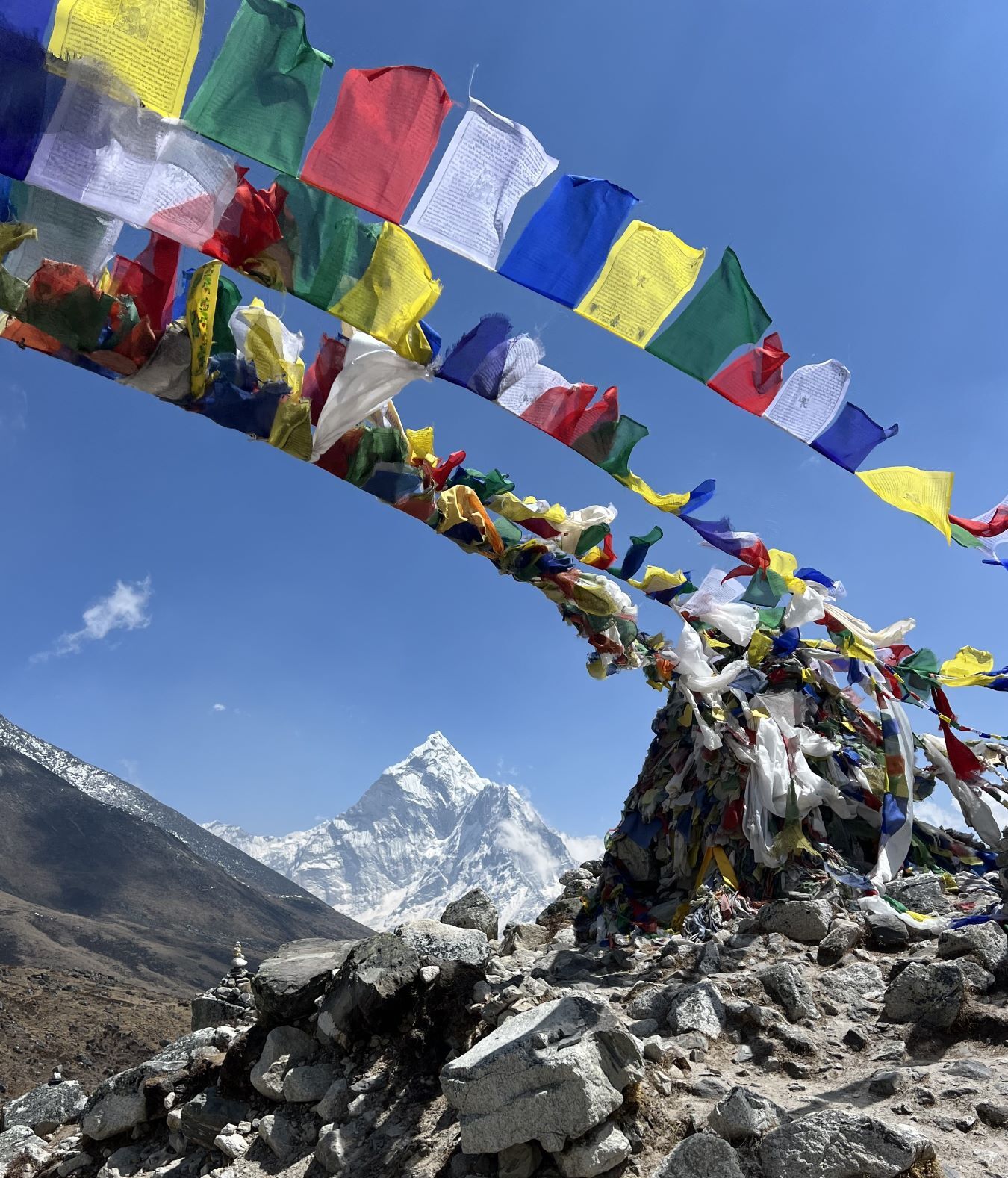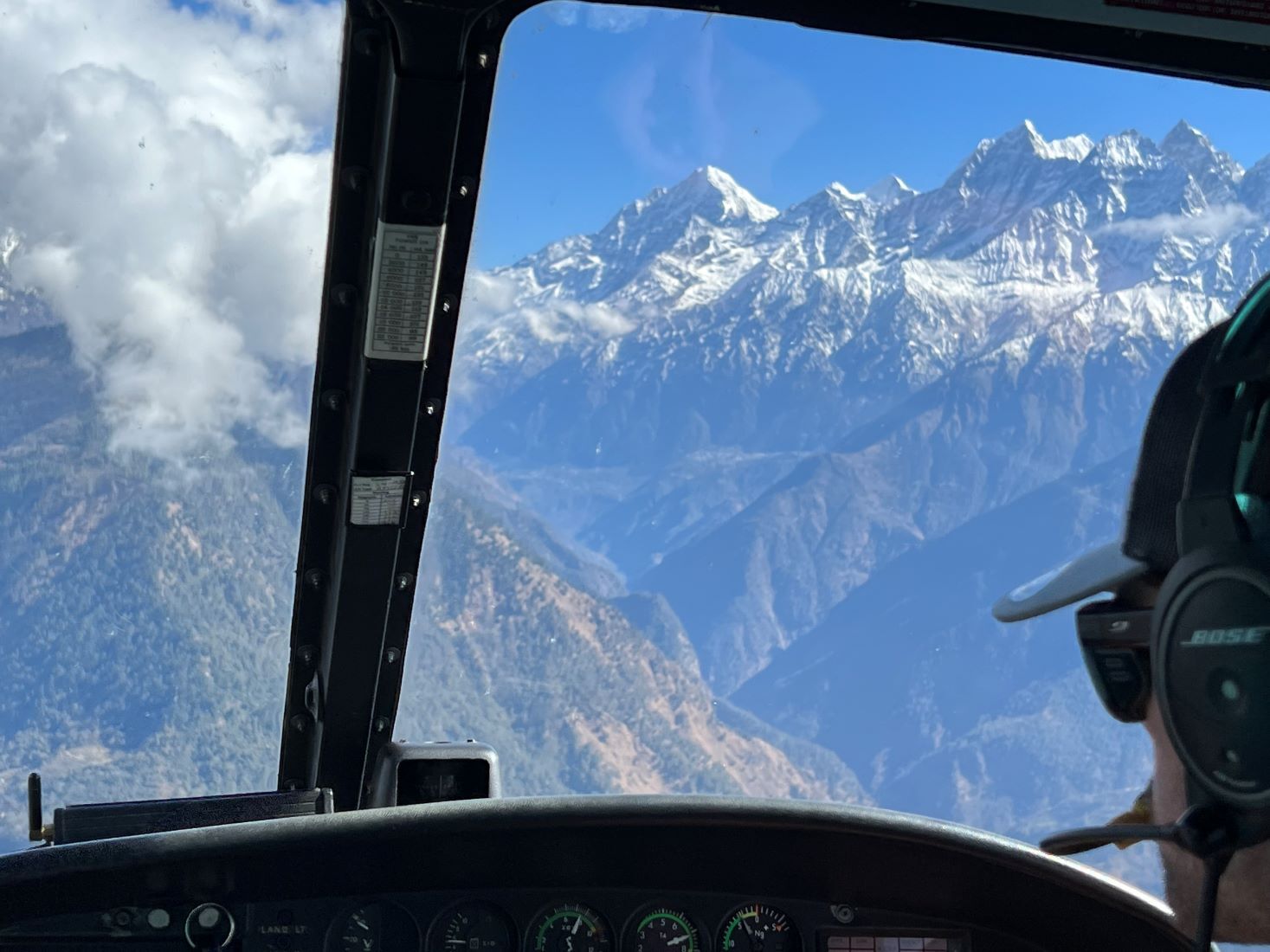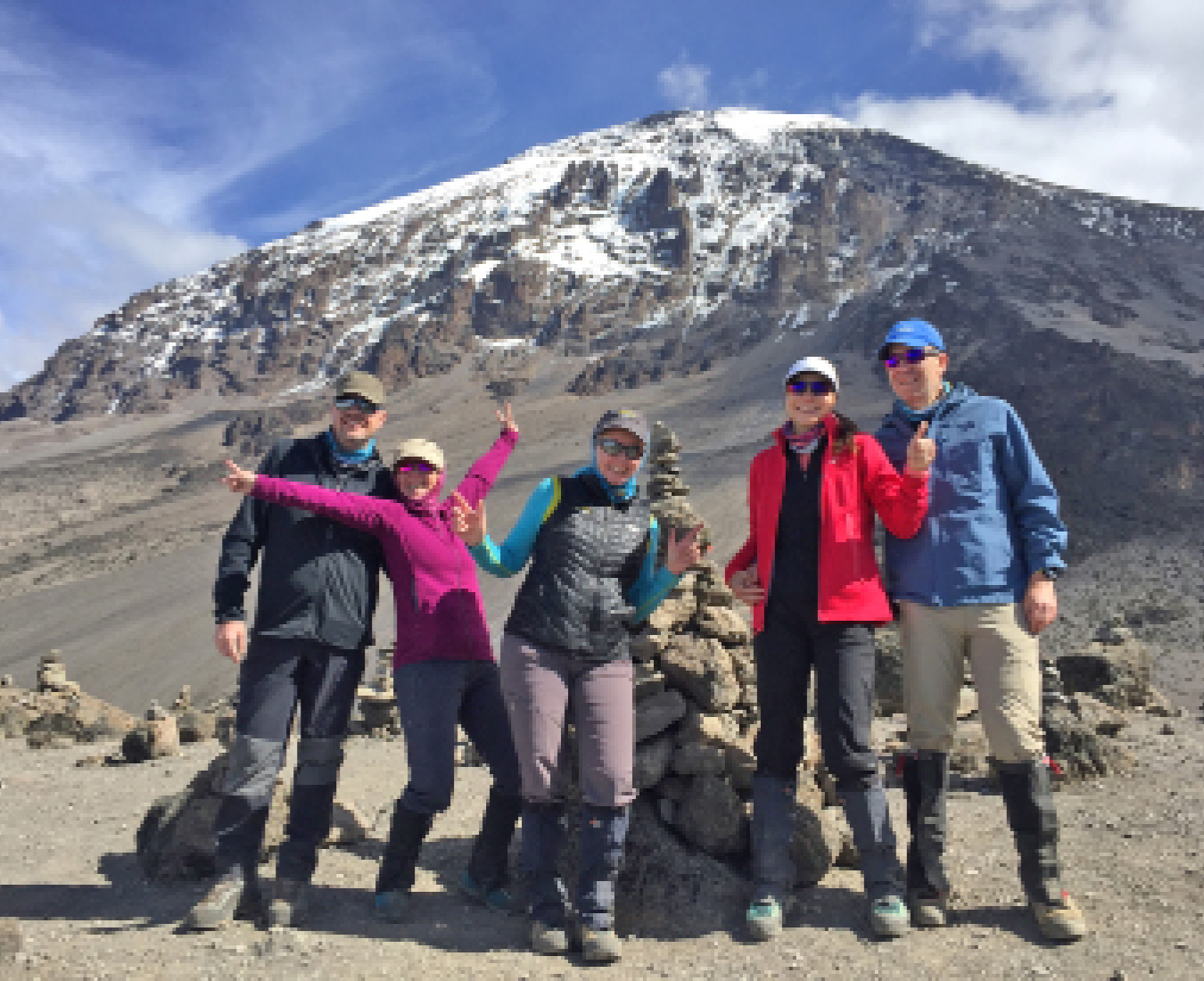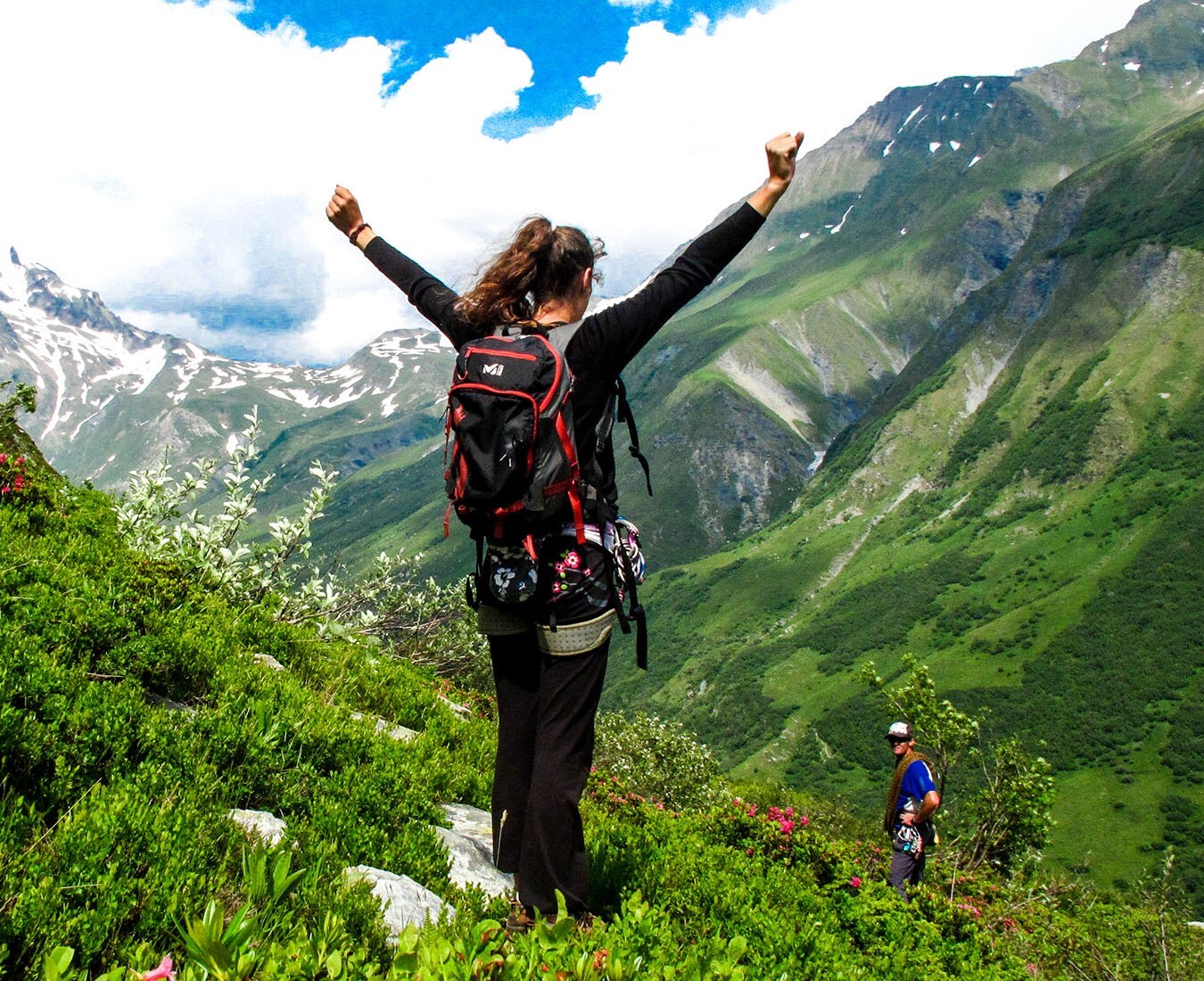Join the most renowned operator in Nepal for the trek of a lifetime through the Khumbu Valley to Everest Base Camp. Read More
Trek to Everest Base Camp in style, staying at well-appointed lodges and AC's own luxury tent camps on our Luxury Everest Base Camp Trek. Read More
Trek alongside our Island Peak climbers exploring the Khumbu Valley on this challenging trek to EBC, climb Kala Patar and cross the Kongma La. Read More
A climb to the summit of Mt Kilimanjaro is a manageable and enjoyable first peak to climb with the support of our fantastic crew! Read More
Luxury private treks to climb Seven Summits peak Mt Kilimanjaro with options to safari in the Serengeti & Ngorongoro Parks. Read More
Trek through the French, Italian and Swiss Alps on this classic alpine circuit of the Mont Blanc Massif with a trekking guide and alpine chalet accommodation. Read More
